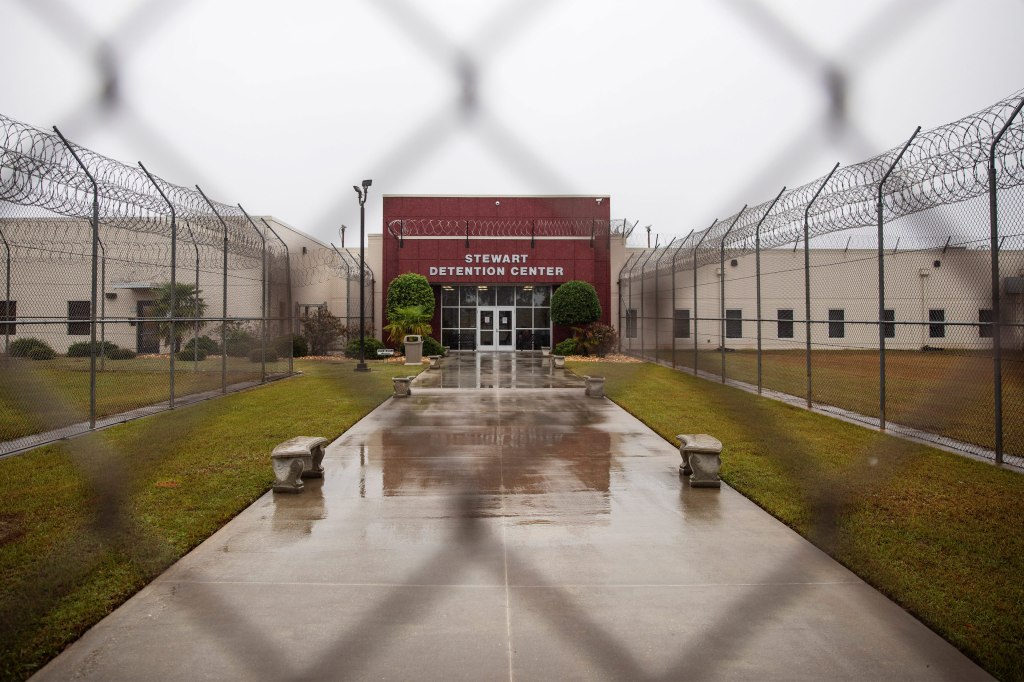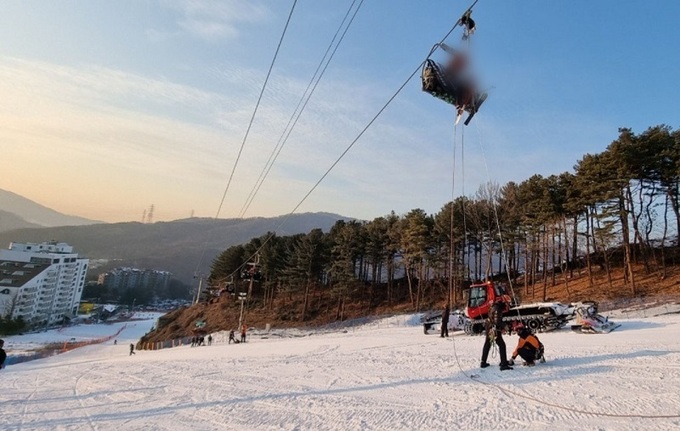When Lauren’s seven-month-old son, Jack, tested positive for respiratory syncytial virus (RSV) a few days after snuggling with family members at a get-together, the New Jersey mom wasn’t initially too concerned. Jack had no underlying conditions and was in good health, and at first the symptoms looked a lot like a common cold. But soon things took a turn for the worse. Now, Lauren, who preferred not to use her last name to protect her child’s privacy, wants other parents to understand just how serious RSV can be—and how easily the virus, which is the No. 1 cause of infant hospitalizations in the US, can spread from something as well-meaning as a loved one’s kiss. Here’s her story, as told to Kathleen Felton.
I first heard about RSV at some point when my son, Jack, was a baby. My doctor told me the virus was something to be aware of and most kids get it at some point, but it’s usually no big deal. A few months later, my cousin’s baby actually tested positive for it and ended up having to be monitored in the hospital for a few hours. She went home and everything was fine, but that did put me on alert. I remember thinking, Oh, RSV can actually be dangerous.
Still, Jack was a healthy baby. He wasn’t born prematurely, didn’t have any conditions, and was up-to-date on all of his vaccinations. So I was mostly fine with him being held and snuggled by other people. I’m part of a big Portuguese family, and we’re super physically affectionate—that’s just the cultural norm.
When Jack was seven months old, he had a mild allergic reaction and I decided to keep him home from day care for a few days to keep an eye on him. By the time the weekend rolled around, though, he was feeling much better, so we decided to attend a few family events. We’d been invited to a baptism, a birthday party, and dinner at my in-laws. I do remember feeling a little hesitant about all of the socialization—my cousin’s baby recently had that bad experience with RSV, and it was the middle of winter, which is peak season for respiratory viruses—but I told myself it would be fine. There were one or two moments that weekend when I looked over and saw some of my relatives holding and kissing Jack, but I didn’t feel comfortable saying anything. I didn’t want to offend anyone.
A few days later, his symptoms started. At first, Jack had a cough and was very congested, but he was fever-free and still had an appetite. Even though it seemed like a regular cold, we brought him to the pediatrician’s office to be safe. They tested him and confirmed he had RSV. Our doctor didn’t seem super concerned, though, so we didn’t worry either. After all, RSV symptoms are usually mild. We were told to keep an eye out in case Jack developed a fever or stopped eating.
Day three was when things started to take a turn for the worse. Jack was still mostly acting like himself, but he spiked a fever and was a little lethargic. And when we were putting him to bed that night, I noticed that he was breathing faster than usual. I googled “normal breathing rate for a baby” and started counting his little inhales and exhales—he was way over the typical 40 to 60 breaths per minute. I continued counting for probably an hour. I’m being paranoid, I told myself. I’m overreacting. Finally, I called the doctor on their after-hours line. They asked me to hold the phone to Jack’s mouth so they could hear his breathing for themselves, and immediately told me I needed to take him to the ER.
By then, it was almost midnight. We arrived at the hospital and the nurses told me Jack needed an IV because he was a little dehydrated. I was surprised; he’d still been taking bottles up until recently. They struggled to get an IV in and spent about half an hour looking for a vein—watching them poke and poke was one of the worst 30 minutes of my life. I didn’t realize it at the time, but I later learned that Jack was already in acute respiratory failure, meaning his lungs were not taking in enough oxygen, when we arrived at the emergency room. Before long he was admitted to the intensive care unit.
Jack was in the hospital for six days. When we arrived, the doctors told us, “Look, it sounds like this is about day three or four of the infection, and RSV peaks at day five or six.” And they were right—Jack got worse before he got better. At first, he just needed a nasal cannula, one of those little tubes that deliver extra oxygen in your nose. But then he stopped eating completely and his oxygen levels dropped. They switched to high-flow oxygen, but that didn’t help, so he was given a face mask.
He had to wear the mask for two days. During that time, he developed bronchiolitis, which happens when an infection causes the small airways to become inflamed, as well as pneumonia, which affects the air sacs of the lungs. Both of these complications can occur in severe RSV cases. And he was still so dehydrated. The nurses kept struggling to get an IV in. Eventually, their only option was to put one into his neck—and if they hadn’t been able to do that, the doctor told me they would have had to do a spinal tap. My little baby was lying there with an IV in his neck, his entire face covered in a mask, wires all over, and his arms were strapped to his sides to prevent him from pulling something off.
We were lucky to have a lot of support from family and friends, and that was probably the only way we managed to get through those terrible six days. I remember not really thinking too much—I was just focused on Jack. I kept reminding myself, He’s where he needs to be, he’s being taken care of by the people who take care of him. And finally, when he did start to improve, I allowed myself to process everything that had happened. It hit me how much worse things could have been. I remember asking the doctor what would have happened if I hadn’t brought Jack to the hospital that night, and he replied that my baby probably would have gone into cardiac arrest.
Jack is now six and thriving. But he did have some ongoing health issues for the first few years after his hospitalization. The next winter, when he was 18 months old, he would start wheezing and struggle to breathe every time he got sick—it felt like he was constantly on the nebulizer, which is a small device that delivers breathing medications via a mist that’s inhaled with a face mask. We ended up taking him to a pulmonologist, who prescribed him an inhaler for a few months. Doctors told us that there was a good chance he’d eventually have asthma. Luckily, his breathing issues have now improved, but I know that for some children, RSV can do long-term damage to the lungs.
Now, when I tell people this story, I always say to trust your instincts. If I had missed or ignored the “red flags,” including the ones Jack’s pediatrician had originally mentioned, I might not have brought him into the ER that night. And when it comes to the health of your kids, you should never be afraid to reach out to a doctor for answers or reassurance. If something doesn’t feel right, there’s a good chance it isn’t.
Related:
- Yes, RSV Can Spread to Adults From Kids—Here’s Why That Matters Right Now
- 6 Things New Parents Should Know About RSV in Young Children
- Respiratory Syncytial Virus Is the Flu-Like Illness You Haven’t Heard About
Get more of SELF’s great journalism delivered right to your inbox—for free.
Note: This article have been indexed to our site. We do not claim legitimacy, ownership or copyright of any of the content above. To see the article at original source Click Here













